Fine Motor Skills Normal Letter Recognition Worksheets for Ages 5-9
41 filtered results
-
From - To
Enhance fine motor skills and letter recognition in children aged 5-9 with our tailored worksheets. Designed to support educational development, these engaging printables help young learners smoothly identify and write letters. Through a variety of fun, hands-on activities, children will improve their hand-eye coordination, dexterity, and handwriting proficiency. Our age-appropriate exercises not only boost academic performance but also build confidence. Provide your child with the tools they need to succeed while making learning enjoyable. Ideal for parents, teachers, and caregivers. Explore our collection today to give kids the essential foundation for their educational journey.


Letter E Coloring Sheet
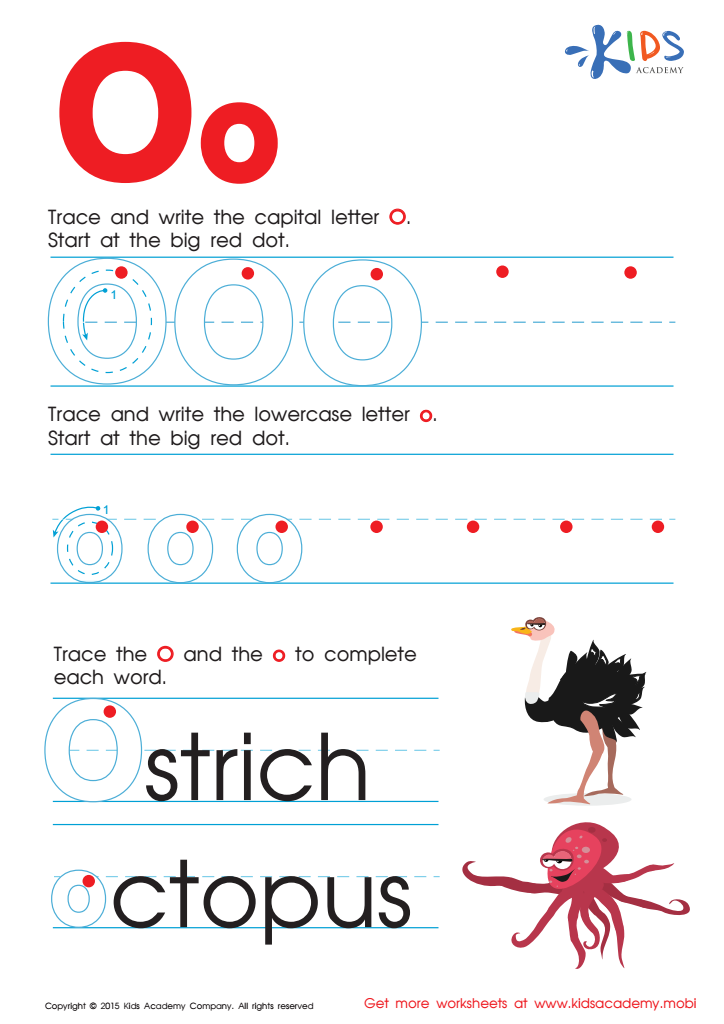

Letter O Tracing Page
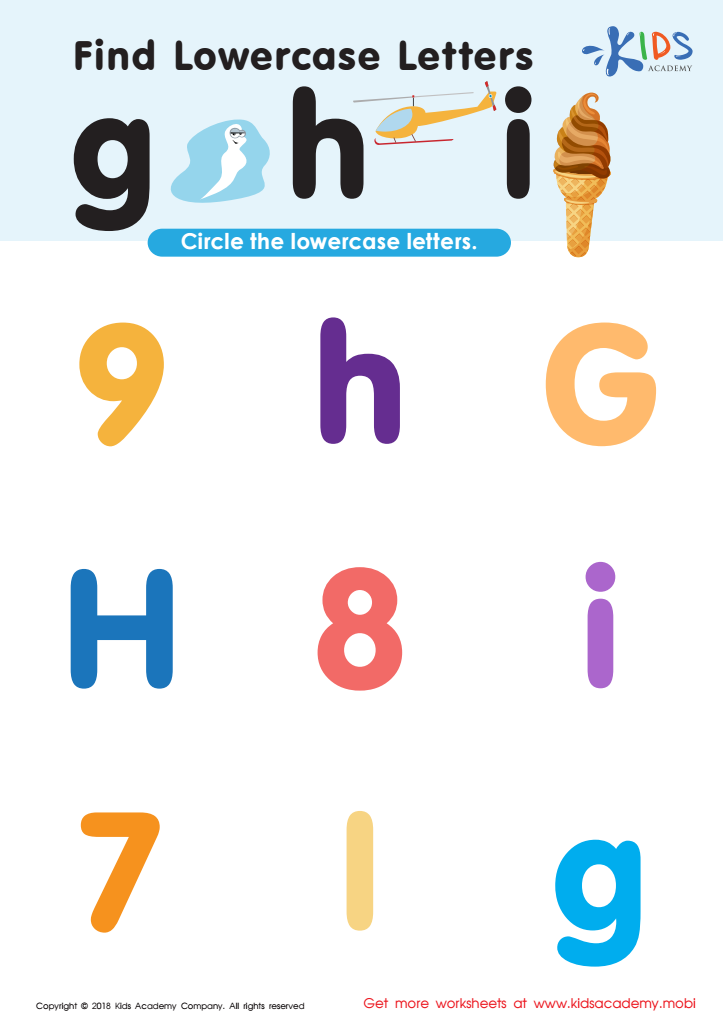

Find Lowercase Letters g h i Worksheet


Letter P Tracing Page
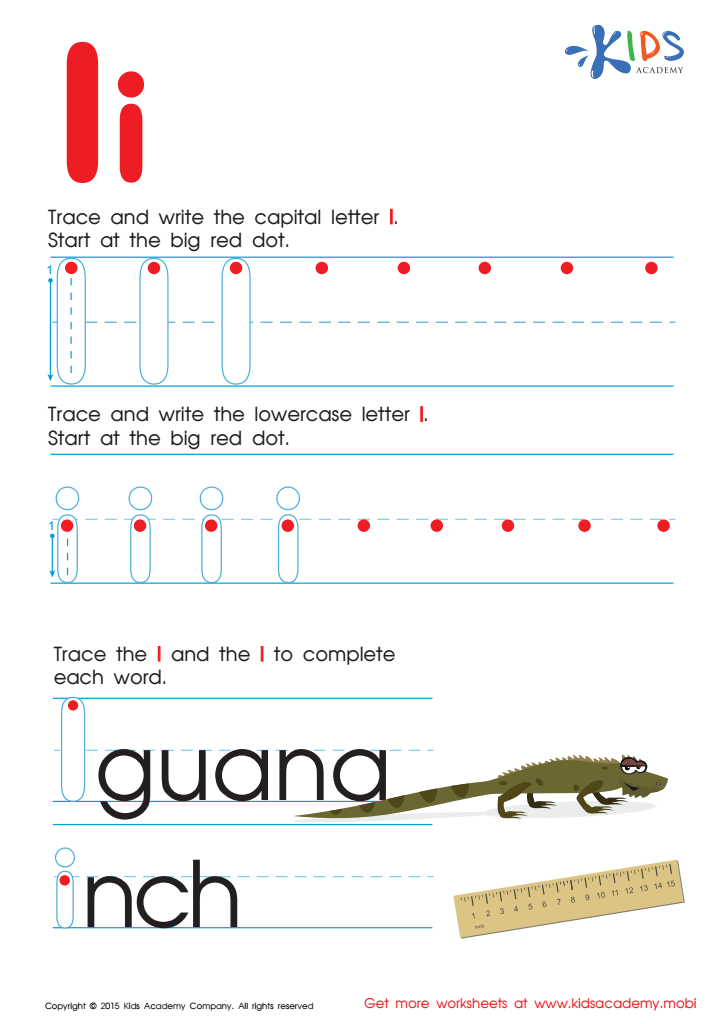

Letter I Tracing Page
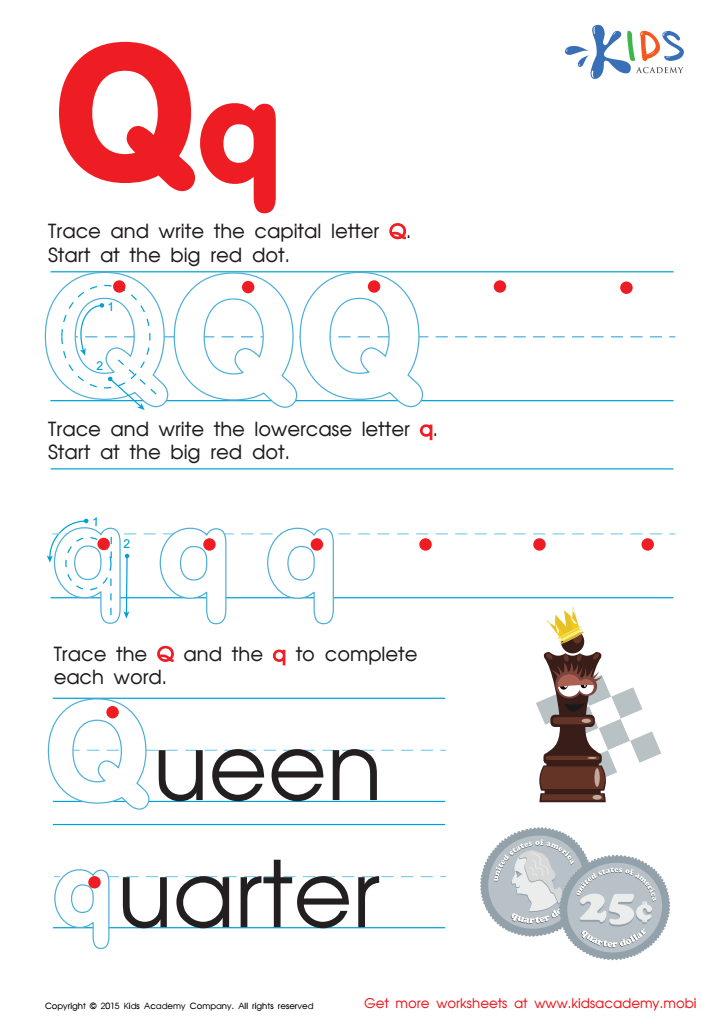

Letter Q Tracing Page
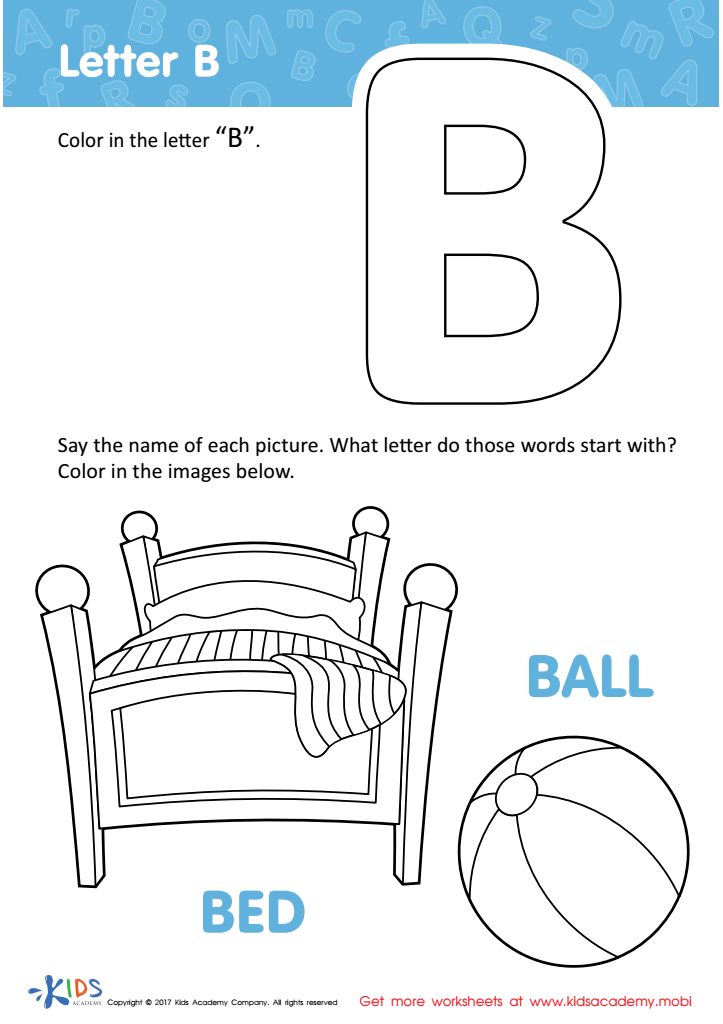

Letter B Coloring Sheet
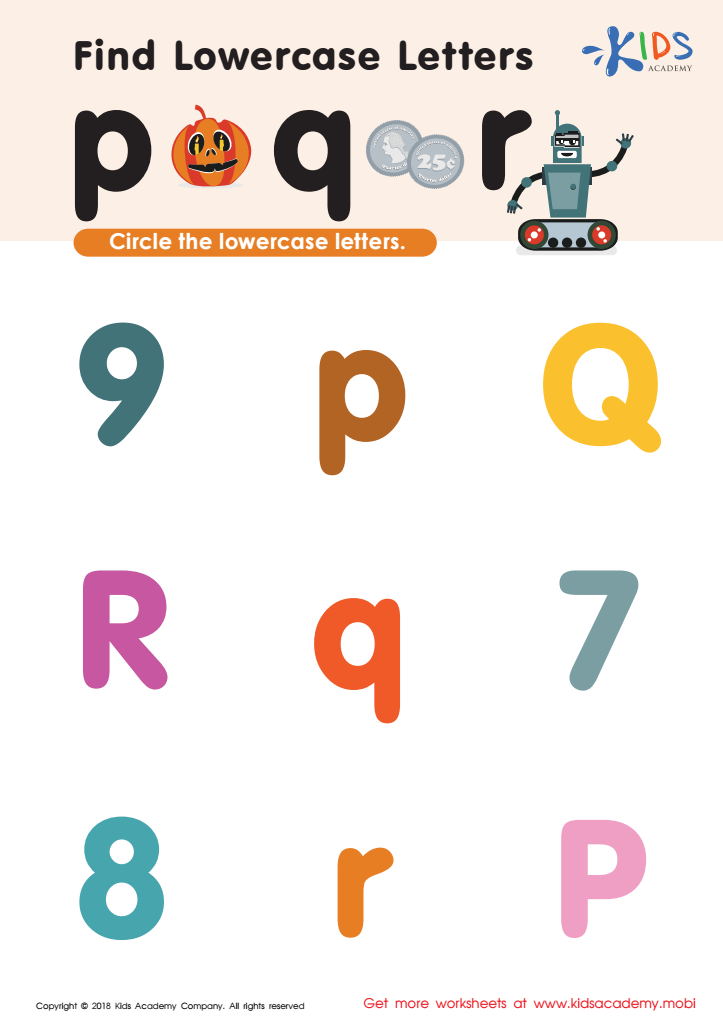

Find lowercase Letters p q r Worksheet


Letter A Coloring Sheet
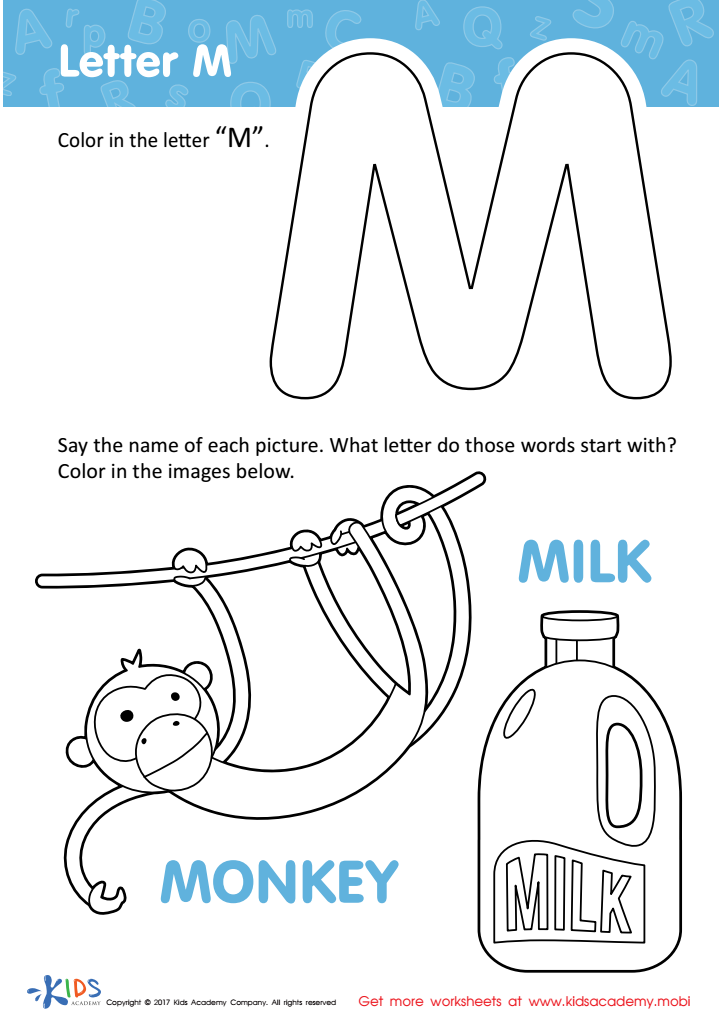

Letter M Coloring Sheet
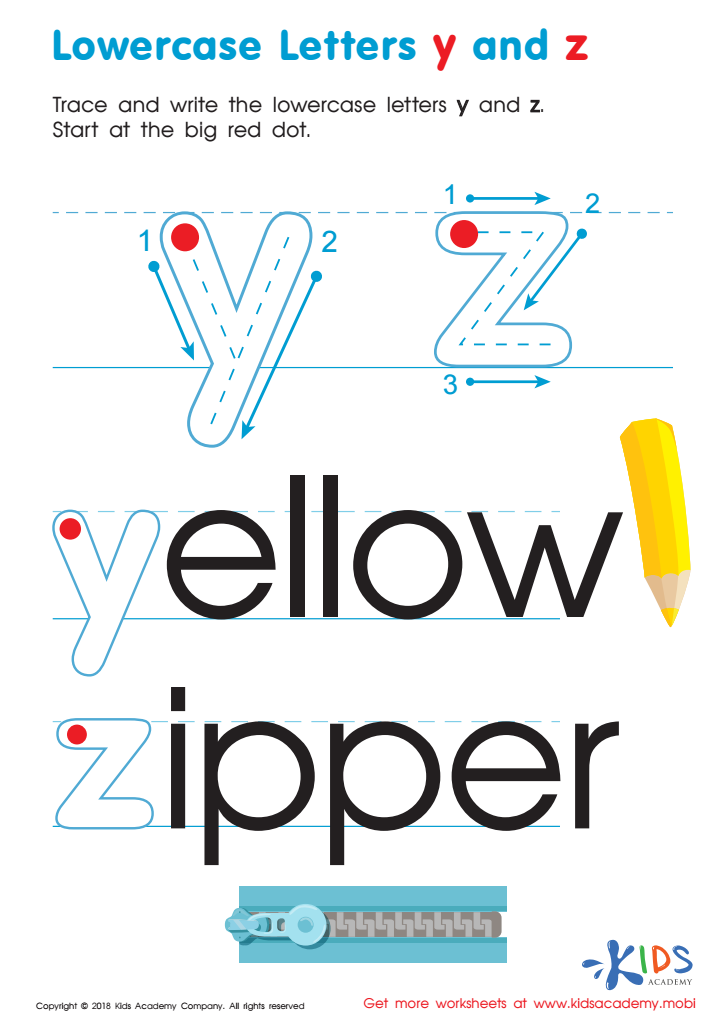

Lowercase Letters y z Worksheet
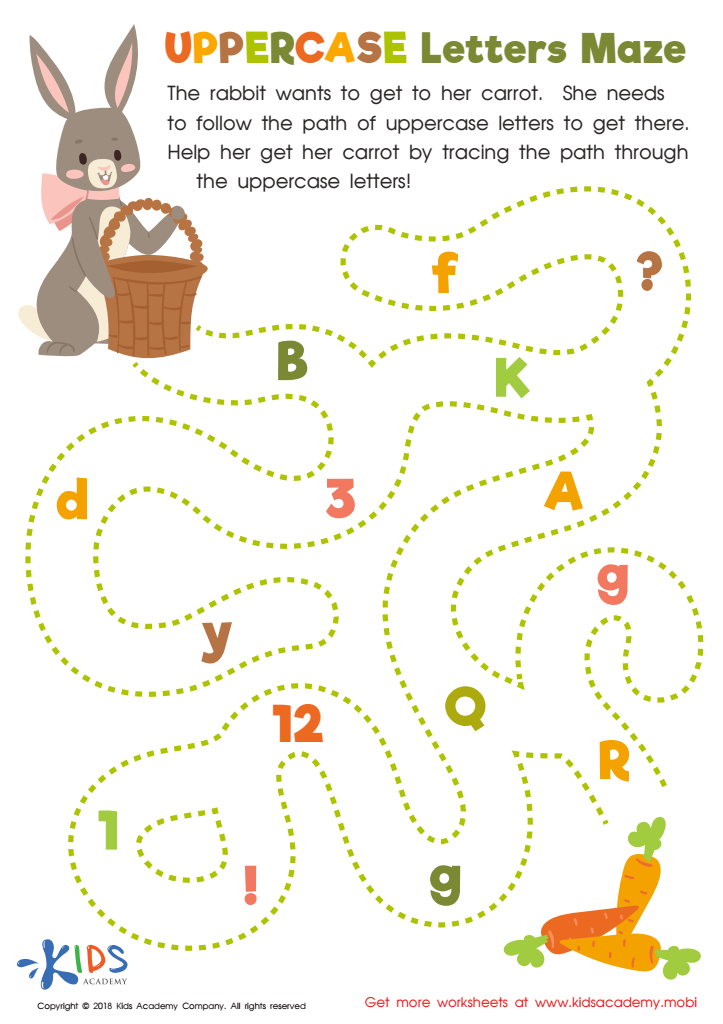

Uppercase Letters Maze Worksheet
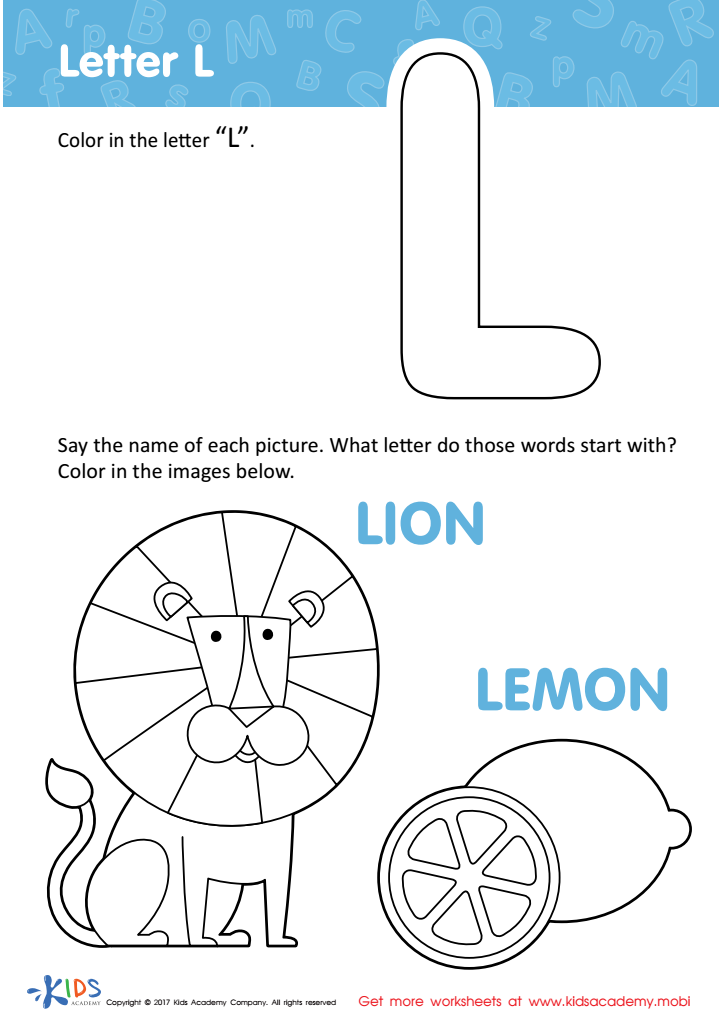

Letter L Coloring Sheet
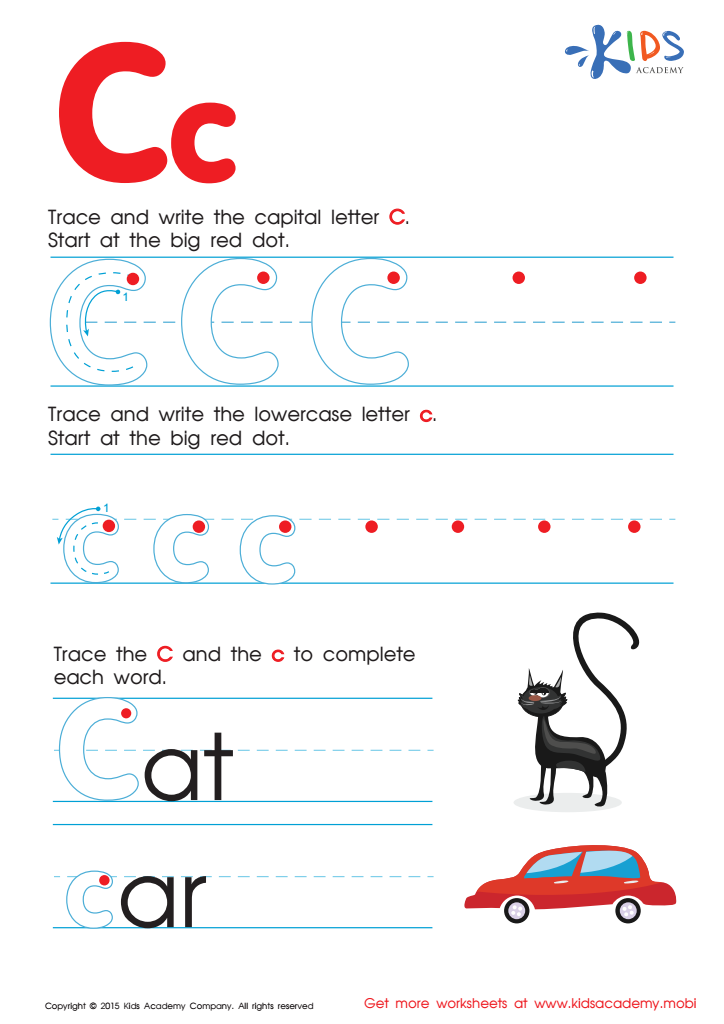

Letter C Tracing Page
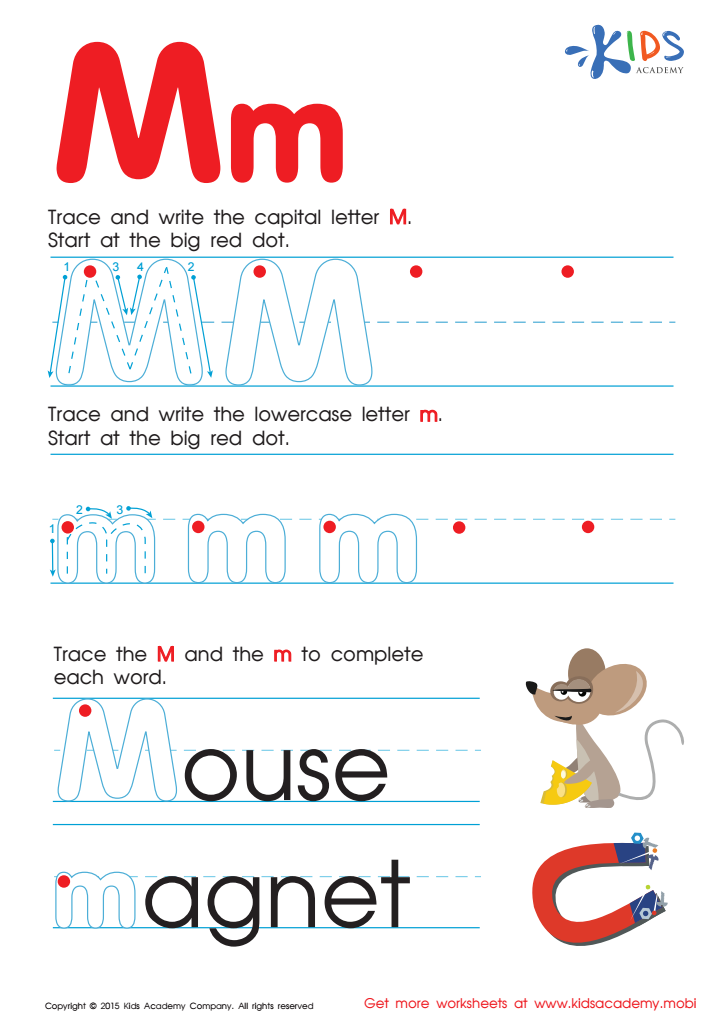

Letter M Tracing Page
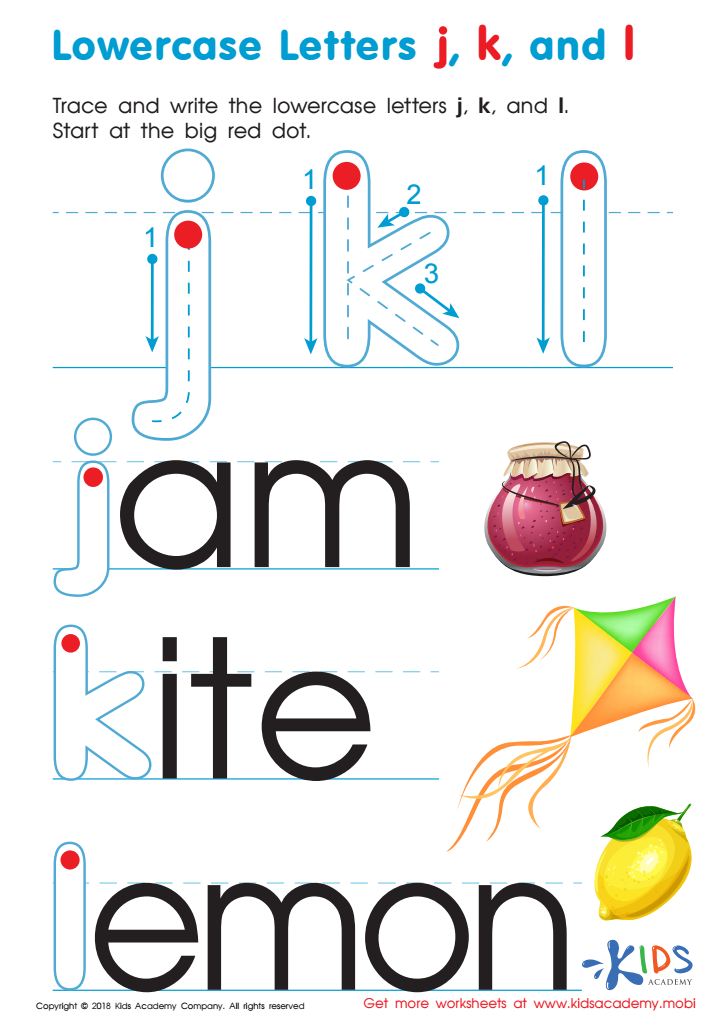

Lowercase Letters j k l Worksheet
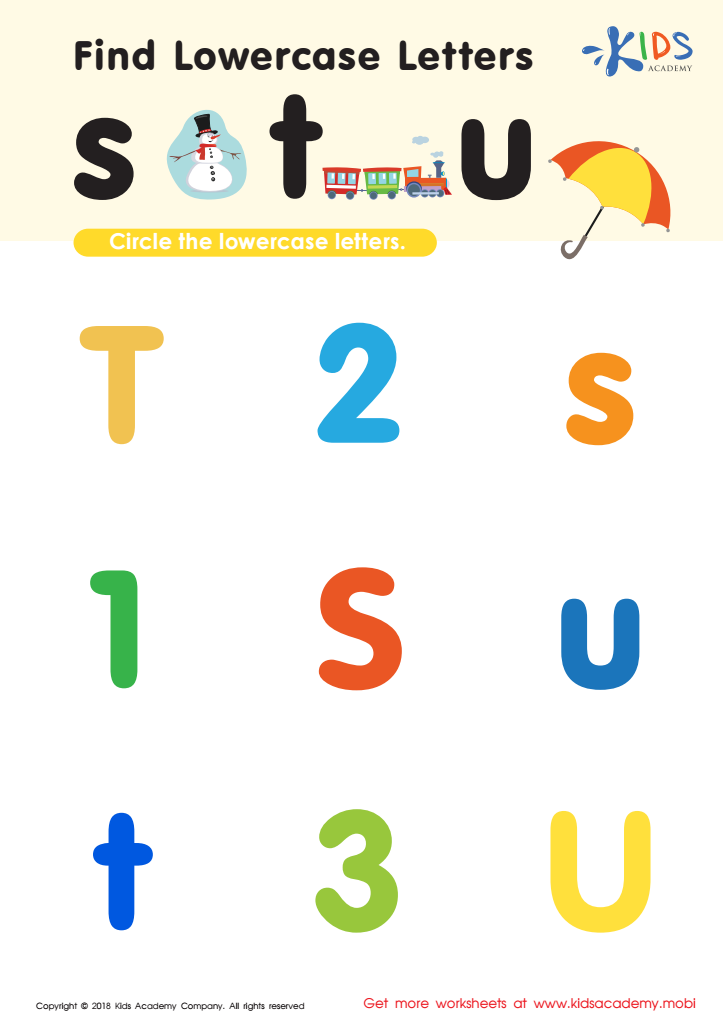

Find lowercase Letters s t u Worksheet
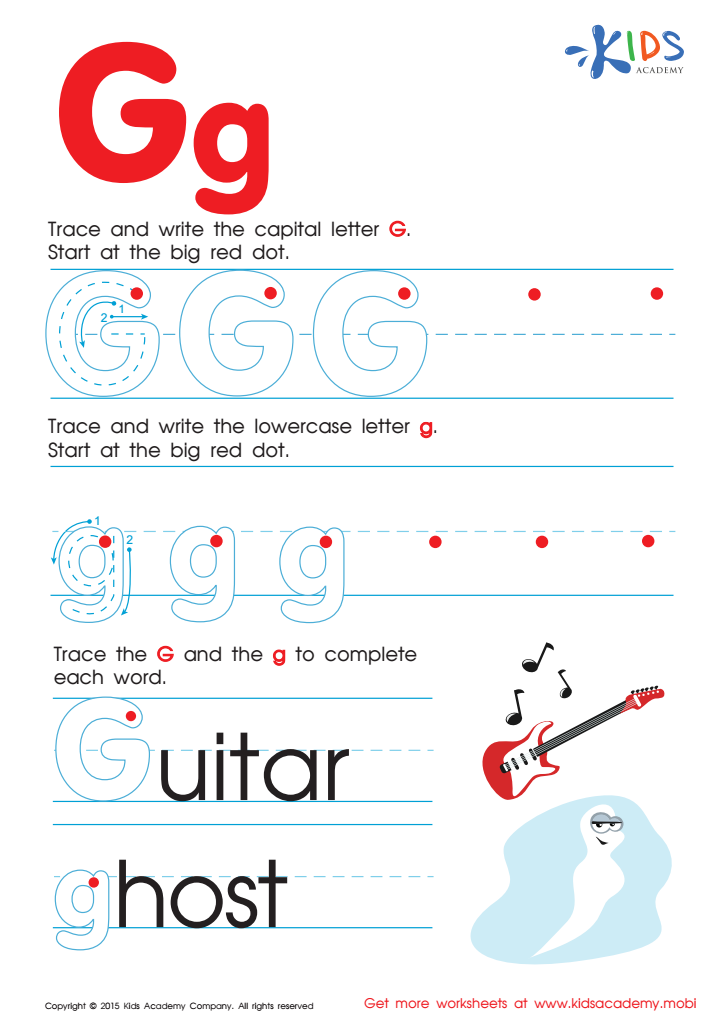

Letter G Tracing Page
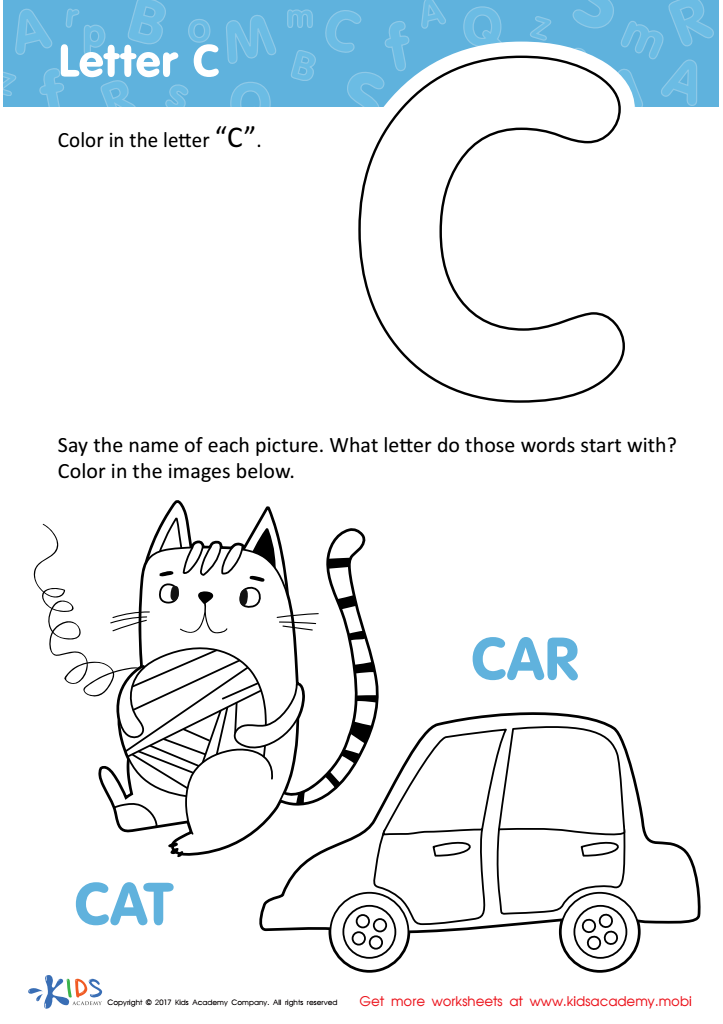

Letter C Coloring Sheet
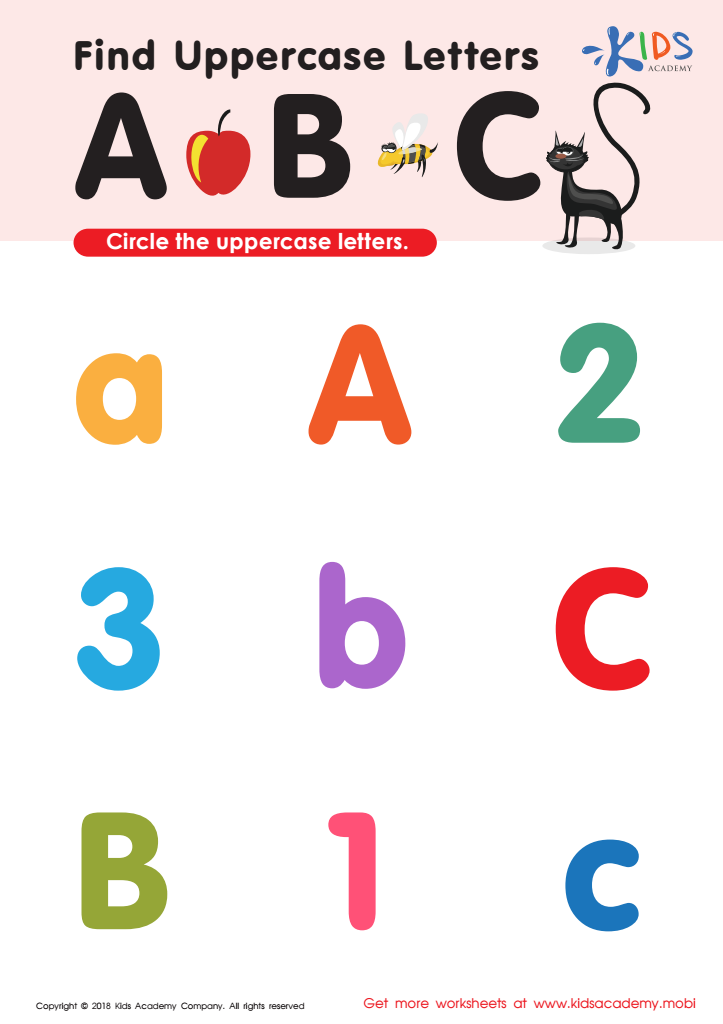

Find Uppercase Letters A, B, and C Worksheet
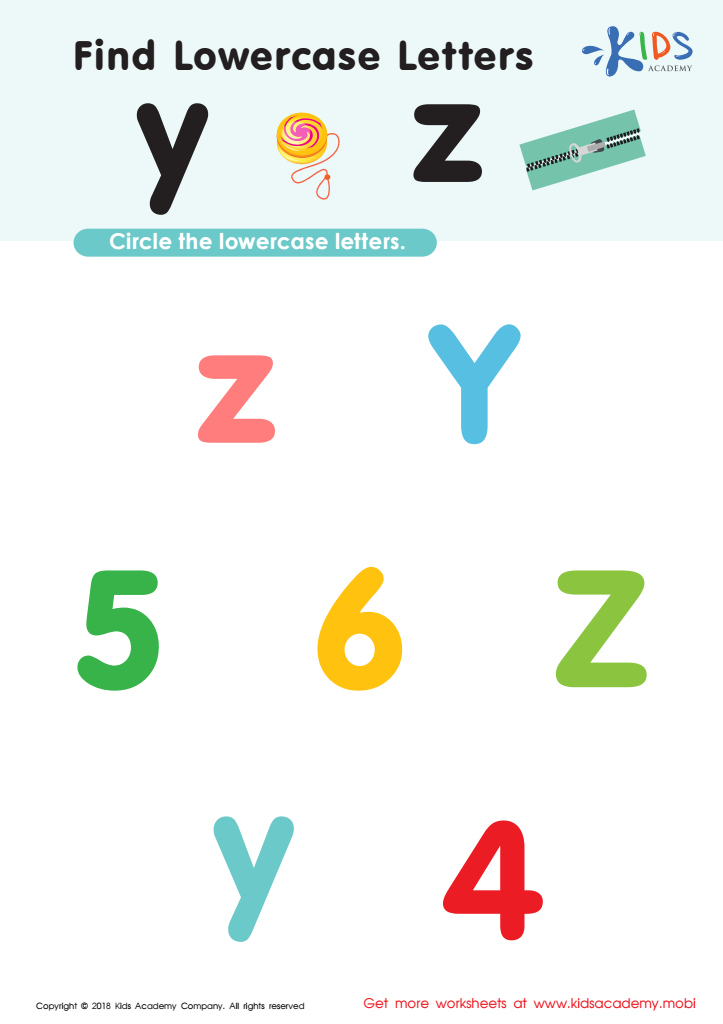

Find Lowercase Letters y z Worksheet
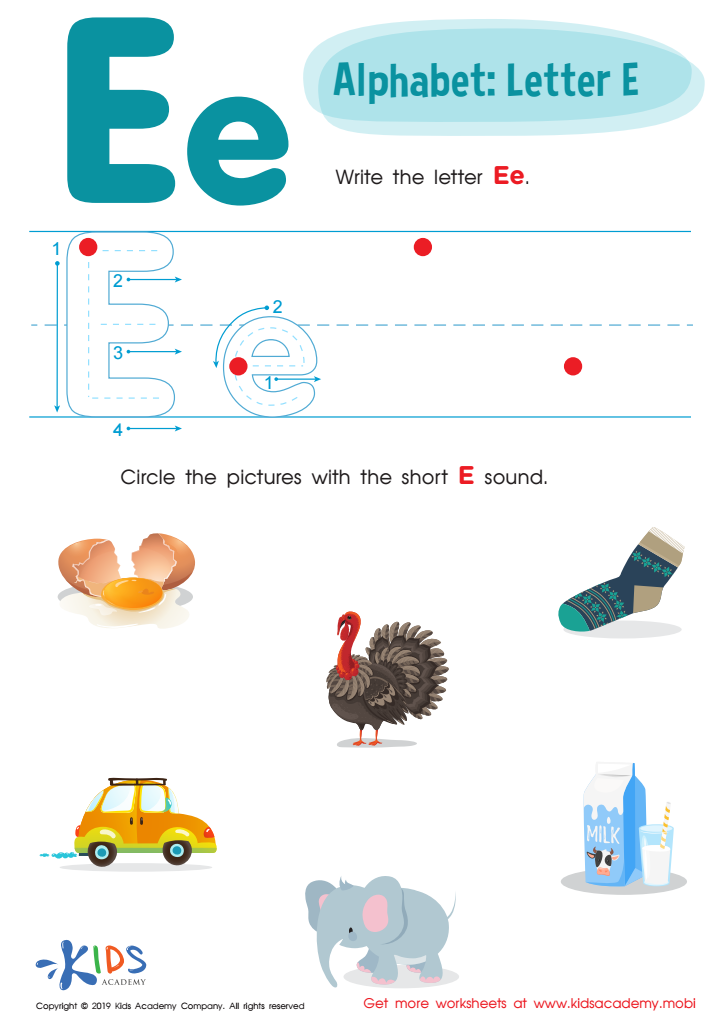

Letter E Tracing Worksheet
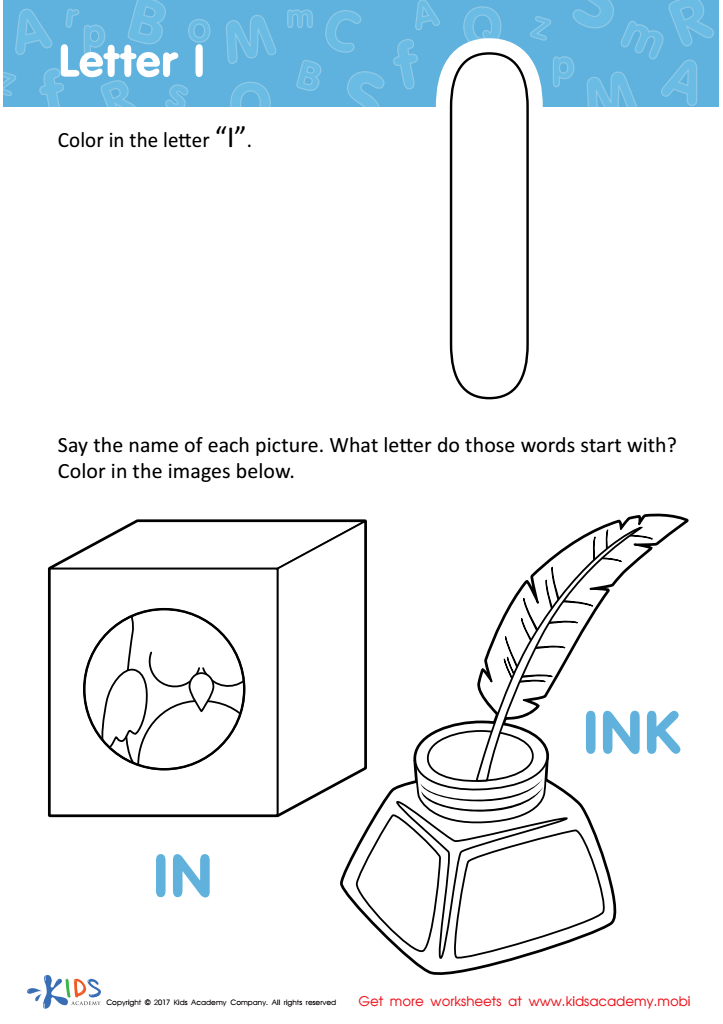

Letter I Coloring Sheet
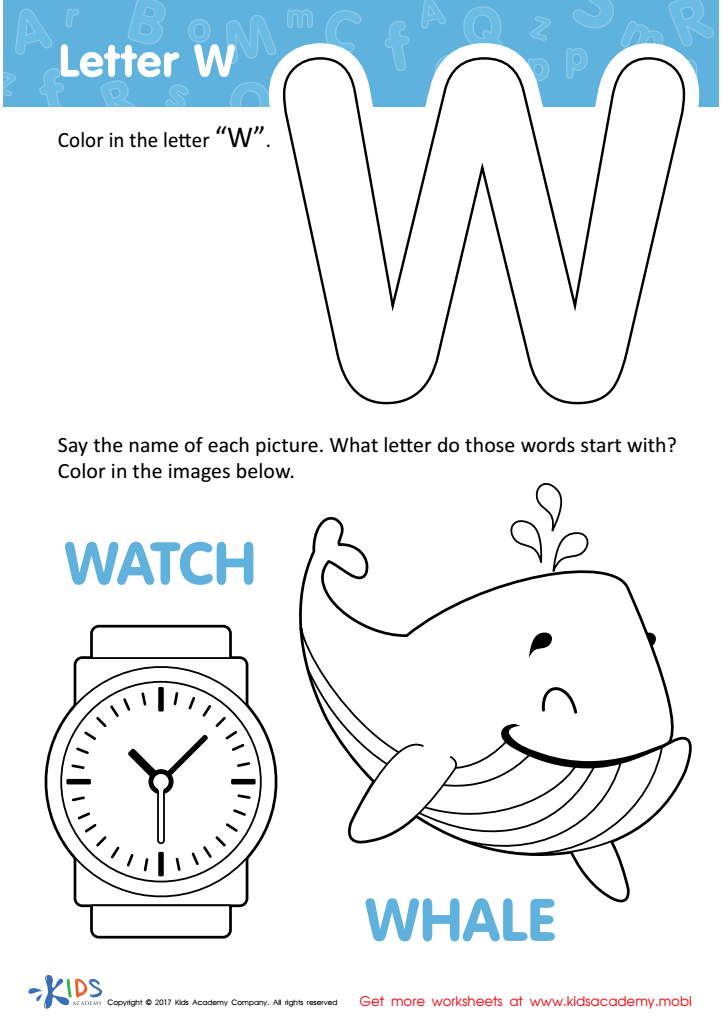

Letter W Coloring Sheet
Fine motor skills and letter recognition serve as foundational elements in early childhood education and development, particularly for children aged 5-9. Fine motor skills refer to the coordination of small muscles, usually involving the synchronization of hands and fingers with the eyes. These skills are critical for executing tasks such as writing, buttoning clothes, or using scissors. Proficiency in fine motor skills directly impacts a child's ability to write legibly, affecting academic performance and self-confidence. Early mastery encourages more effective communication and encourages a positive attitude toward learning.
Meanwhile, letter recognition is the ability to identify and name letters of the alphabet, both in and out of sequence. This skill is critical for developing literacy, as it serves as the basis for reading and writing. Children need to recognize letters proficiently to comprehend that each letter represents specific sounds and can be combined to form words.
Attention to fine motor skills and letter recognition during these formative years supports language development, cognitive growth, and academic success. Teachers and parents should encourage activities that enhance these abilities, such as puzzles, drawing, and interactive reading sessions. Without an emphasis on fine motor skills and letter recognition, children may struggle with fundamental academic skills, potentially leading to enduring educational hurdles. Therefore, fostering these abilities is essential for a child's overall development and future success.
 Assign to My Students
Assign to My Students















